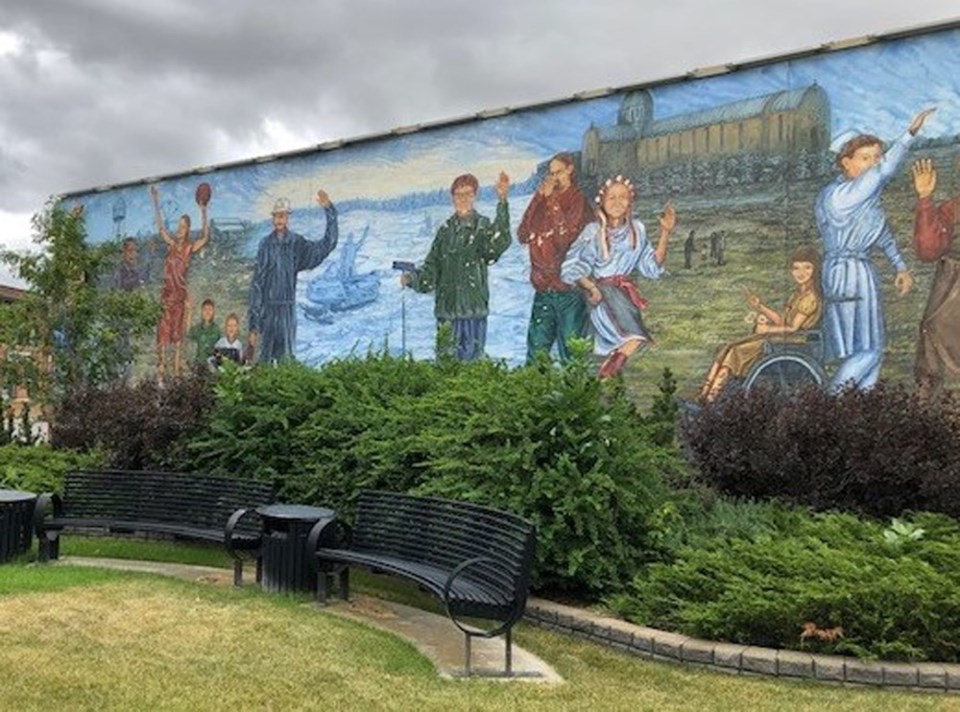YORKTON - Yorkton Council unveiled its 2023 operating and capital budgets to the public Monday at its regular meeting after months of behind closed door preparation, and deliberation.
And the bottom line for taxpayers is that the document proposes a 3.93 per cent increase in taxes, 2.93 of that going to operating and the remaining one per cent to capital.
Councillor Ken Chyz asked how the increase compares with other Saskatchewan cities.
Ashley Stradeski – Director of Finance with the city, said there have been reported increases of 3.5 to seven per cent.
“I’d say we are in the middle of the pack, maybe bottom third,” he said.
On a home valued at $215,00, the mathematical average in Yorkton, the increase will mean an increase of roughly $6.50-$7 per month, said Stradeski.
Stradeski in presenting the budgets Monday suggested Yorkton residents would see at least some of the city’s fee for services rise as well in 2023 as another way to deal with increasing costs.
“This year is an interesting one. Just like everyone we’re (the city) facing huge increases in costs,” he said.
For example, inflation for the year has been sitting around the seven per cent or higher mark, and this affects all of the goods and services the City requires to operate, explained Stradeski.
Likewise, items like asphalt and other aggregates used in construction are up 15-25 per cent, electricity is up eight per cent and energy costs up more than 17 per cent.
And, high fuel prices (50 per cent higher or more throughout the year) affect many of the core services that utilize mobile equipment, as well as driving up costs of nearly every product the City purchases, he continued.
Such increases impact a budget.
At the end of the day, the total required budget has gone up; this is not due to increased areas of spending, but rather increased costs to do the same amount of work, noted Stradeski.
Stradeski also stated the approach taken in creating the 2023 budget was to maintain the existing level of services, with the overlaying question asked, “what’s it going to take to do that.”
The resulting document reflects that, he added.
“There’s not a lot of increased spending in the budget, but increased costs,” he said.
Stradeski also reported that the first draft of the budget was showing an eight per cent tax hike to maintain the status quo but was pared down over the process of finalizing the document.
In part that was achieved through reaching out to the public for their view via a pre-budget survey conducted on “Shape Your City”.
With regards to how to fund cost increases, there was a clear leaning towards increasing user fees, said Stradeski, adding user fees are charged on various services the City offers such as recreation passes, penalties on taxes, and many other items. These are collected such that the individual who used the service or incurred the expense pays for it rather than the taxpayers in general.
One example of fee hikes will be at the Gallagher Centre.
Overall costs were up around 4.4 per cent at the Gallagher Centre, however decreased revenue from leases and concessions have added to this. To offset, many of the fees and charges at the facility will be increased by five per cent throughout the year, with a net increase in cost of $250,000, explained Stradeski.
RCMP costs are up too, with an increase on more than four per cent due to requirements for body cams and other personal equipment that has been overdue for replacement or modernization, said Stradeski. The increase is almost one per cent of taxes collected.
Public works also sees its operating costs rise significantly.
The overall budget here has been increased by 9.87 per cent to offset the increased asphalt, fuel and snow removal costs, said Stradeski.
Another fee increase already announced relates to the water utility. The budget includes the previously approved 4.75 per cent increase to water rates as well as the $3 / month increase to the residential water base charge.
On the capital side the one per cent increase is roughly $267,000, which brings the city’s annual capital expenditure total to $4,910,000 for 2023.
The capital budget as prepared is a two-year capital budget to allow for planning of larger and more complex capital projects, and the 2024 year has a planned increase of one per cent as well.
For 2023, the capital budget was approved last year and included funding for York Road, and updates to the Kinsmen Arena ice system to keep it operational for the future.
New items on this budget are the 2024 capital, which include projects such as the Airport Terminal building, replacements for several street lights and traffic signal poles, and further funding towards roadwork, reported Stradeski.
The complete budget document is now posted online at www.yorkton.ca allowing for public feedback before being brought back to Council for final approval.






